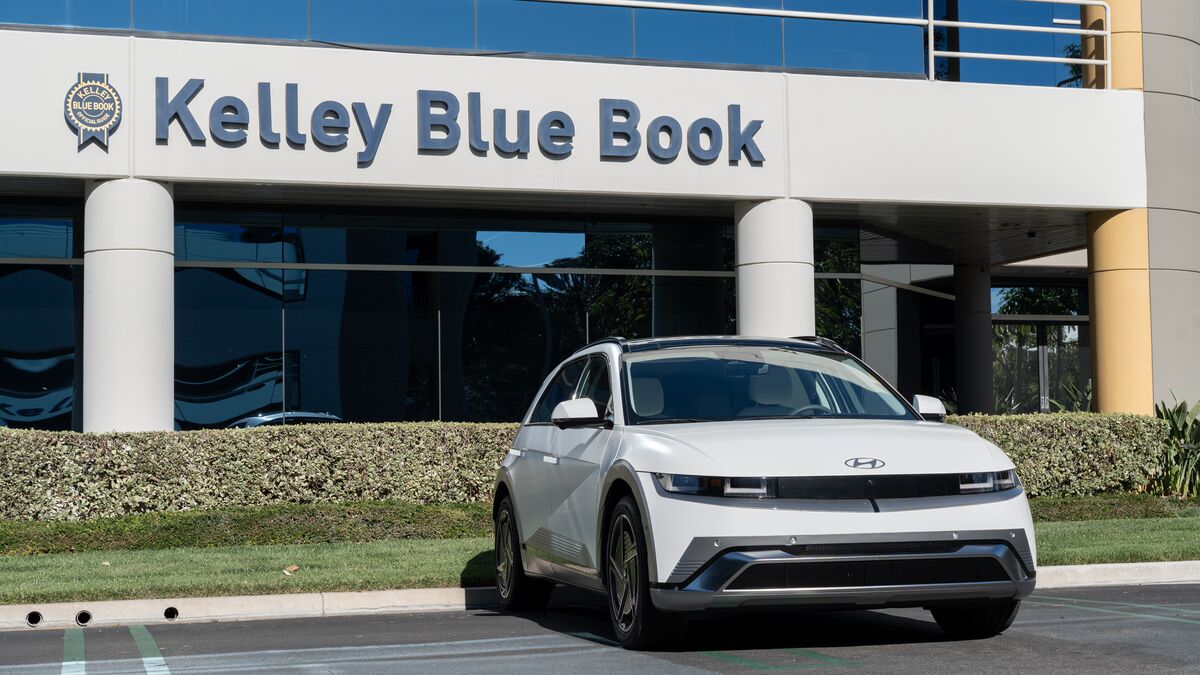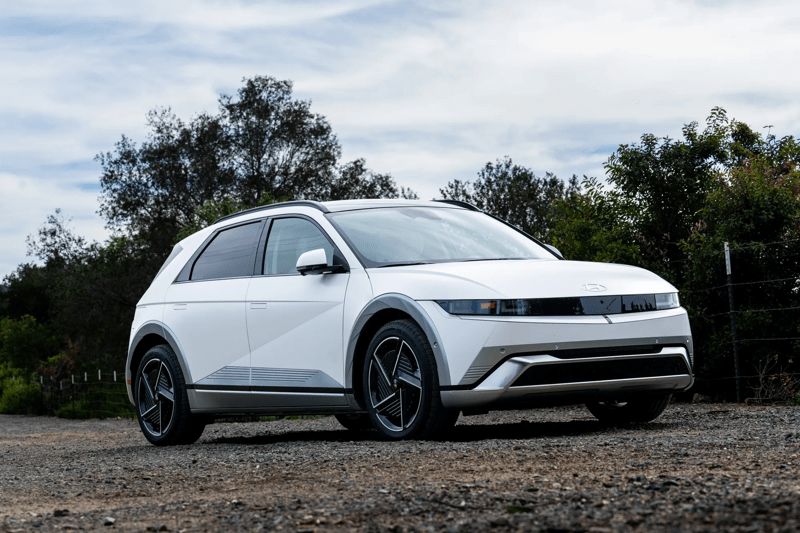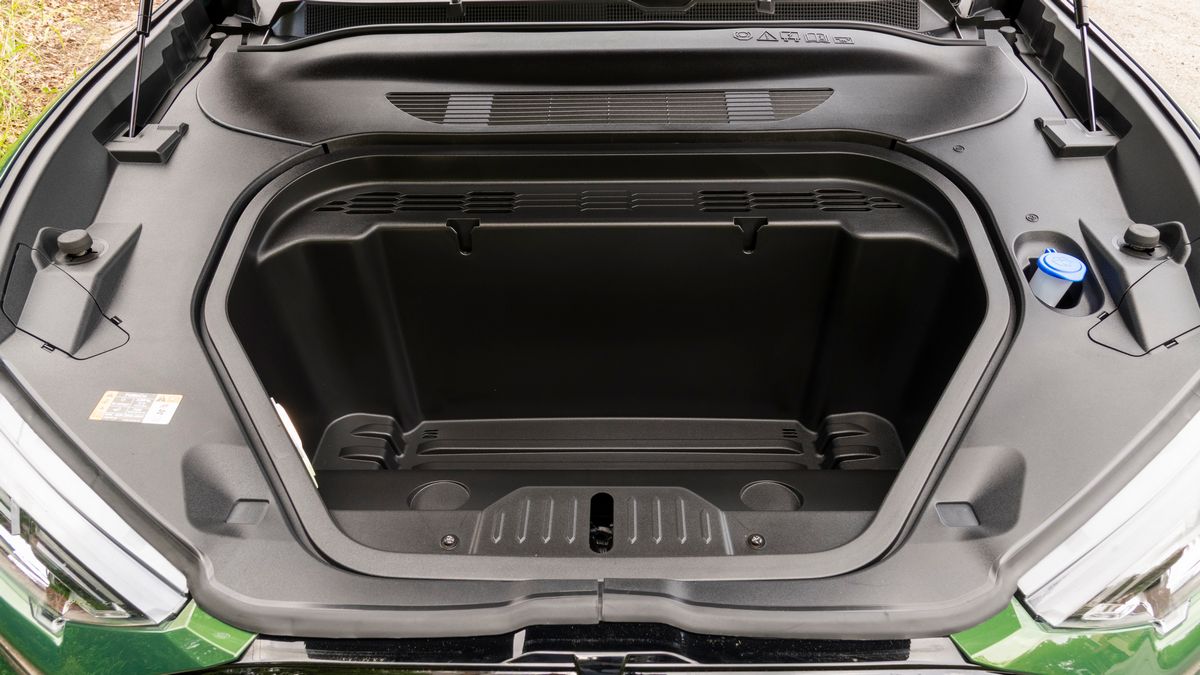
If you bought a car in the first decade of commercial car production, for instance, odds were pretty good that you got a wooden body, an engine placed noisily beneath rear passengers, and exhaust fumes that rose toward the open-top passenger compartment.
Waiting for the technology to mature worked out well.
We may someday look at the lithium-ion (Li-ion) batteries of today’s electric cars as just as quaint.
Solid-State Batteries
Researchers worldwide are pursuing technologies that could make batteries lighter, more powerful, more efficient, and easier to build. A more practical, powerful, long-lasting battery could enable electric power companies to store energy from renewables to use weeks after it is produced and revolutionize transportation.
The most promising technology may be what researchers call solid-state batteries.
Solid-state batteries use a solid electrolyte in place of the gel polymer used in Li-ion batteries. The result is a smaller, lighter battery that holds more energy and degrades slower than Li-ion cells. It promises electric vehicles (EVs) that could double the range of today’s electric cars.
Solid-state batteries may be safer – less prone to the fires that have plagued some Li-ion cells. And while environmentalists have expressed concerns about the impacts of mining rare metals for Li-ion batteries, manufacturers can build solid-state batteries from more common materials.
Toyota Leading, Nissan Catching Up
Among automakers, Toyota has long appeared to be the leader in solid-state battery research. Japan’s largest automaker once hoped to bring a solid-state battery to market in 2021. It missed that deadline but still appears likely to introduce one before any other automaker.
But Nissan is catching up. The company brought the first mass-market pure EV to American roads, the Leaf. Now, it’s working to bring a new generation of battery tech.
The company now says it “aims to launch an EV with all-solid-state batteries developed in-house by fiscal 2028.”
The company unveiled a prototype production facility for solid-state automotive batteries in Yokohama, Japan, late last week. The batteries, Nissans says, are “expected to be a game-changing technology for accelerating the popularity of electric vehicles,” with energy density twice that of today’s Li-ion cells and “significantly shorter charging time.”
Nissan “expects to use all-solid-state batteries in a wide range of vehicle segments, including pickup trucks,” the company says.
The AP reports that Nissan is also “partnering with NASA on a computational approach to developing all-solid-state batteries that don’t rely on rare or expensive metals.”







